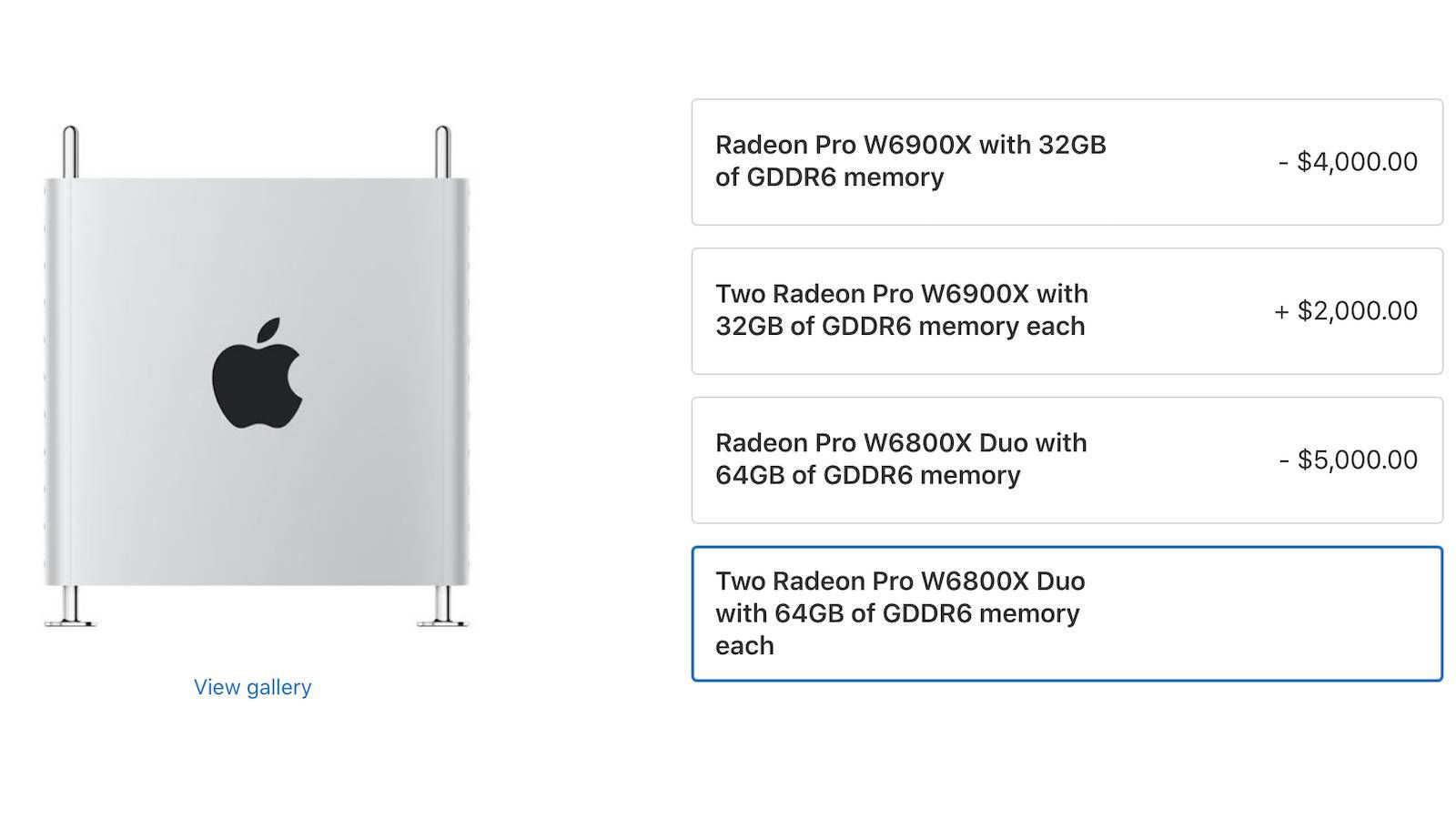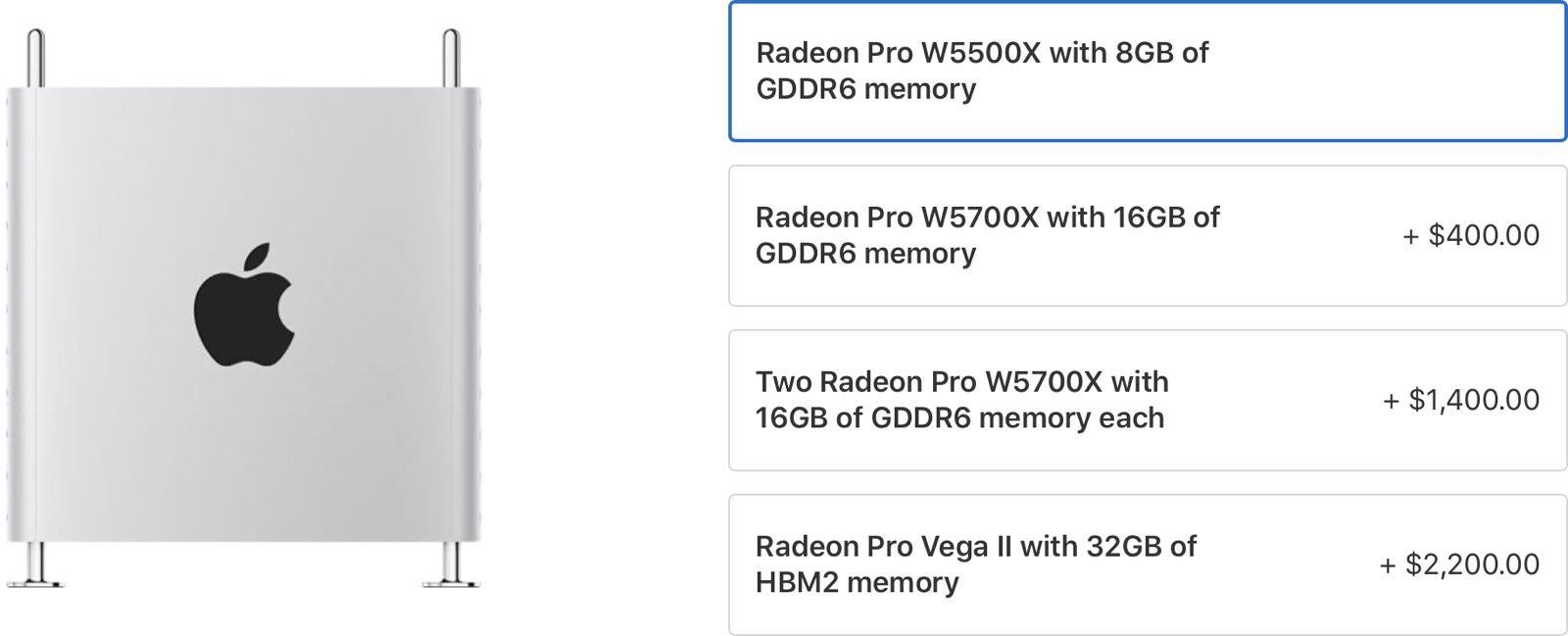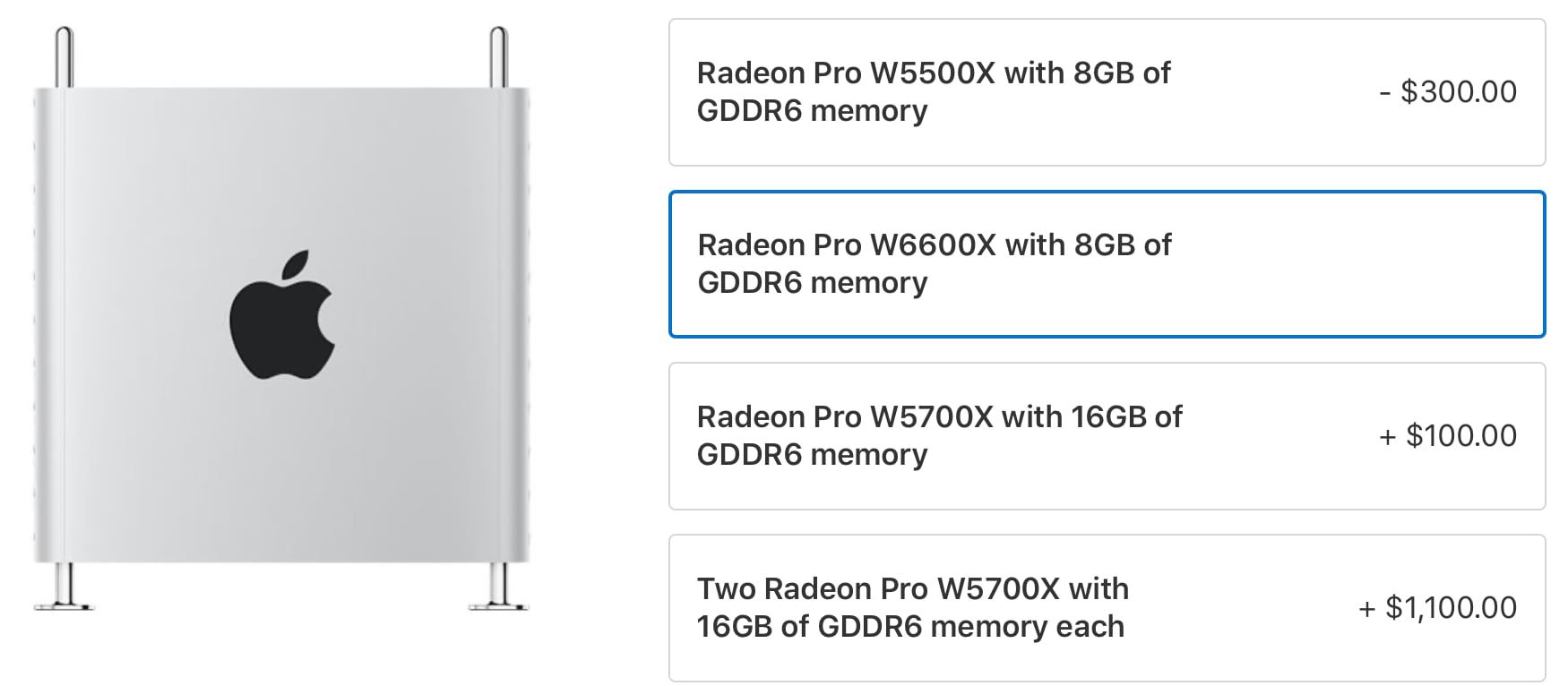Could they just scrap any proposed "M" based Mac Pro and do a proper Intel based machine with latest generation CPUs and technology. never mind the implications for Apple Silicon marketing, just continue to keep the Mac Pro a monstrous machine, huge maximum ram, massive GPU support, etc.
A Mac Pro is a pretty specialised piece of equipment anyway - it should remain that way.
That last sentence essentially points out just why this is not economically tractable for the ecosystem. Go from 20M new Intel Macs per year down to maybe 20-50K per year. The latter isn't really viable as a complete ecosystem. Going forward most software developers in the ecosystem are going to "follow the money" ... which is Apple Silicon. Millions of new units being sold per year. A sizable number of those need new software ... hence softwrae revenue generation opportunity.
In contrast, x86 Mac Pro only likely going to attract a large number of folks hunkered down on squatting on the software they have ( The you can pry Adobe CS5 from my cold dead fingers folks).
Throw on top the tight synergies with the M-series being sold in iPads. ( another couple million units of iPad Air and iPad Pro ). And the slightly loose synergies with reset of customer Apple Silicon ( iOS and rest of iPad).
The transition started off with 100M Intel Macs deployed in use. Two years , in that number is shrinking. The Mac Pro can't refill that pool of systems faster than the Intel Macs are being retired. Inertia is going to probably deliver 3-4 years of macOS on Intel updates, but the 'friction' of systems being retired will overcome with time. There is no 'perpetual motion machine' here.
If Apple had left some other desktop Intel Mac models around in the line up to generate a 1+ M/year run rate, then maybe could eek out another generation or so. No Mini ( M2 Pro Mini finally terminated that lingering 'inertia helper'. ) , No iMac ..... means no substantive volume.
Making it a Mac Studio on steroids is not the answer. Existing 7,1 users will probably just hang on to their old machines or switch to PC.
Most 7,1 owners were going to stick to their systems no matter what for the next year or so.
The "Mac Studio on steriods" .... probably it will be substantively different enough. Maybe not up to hypermodularity standards , but it likely will cover a much larger workload territory than the Studio does just on I/O abilities.
And a decent fraction of that "or switch to PC" folks were really primarily 'x86/Windows/Nvidia " folks anyway.
5,1 users will probably swap over to 7,1 if they see them second hand at reasonable prices. The 7,1 has much more capability than the old 5,1 - especially as far as PCI slots. The 5,1 is too crowded inside especially with modern large size GPUs.
Hence, why there is really no big hurry for Apple to deliver the ultimate modular Apple Silicon Mac Pro solution. Apple can incrementally grow the performance curve for their GPUs over the next 2-4 years it will take for the 7,1 to get 'affordable'.
Though again, this viewpoint seems to no take into account what happens to the 7,1 when macOS on Intel stops getting all updates. ( There will be 2 more years of security upgrades... don't hold your breath on that being comprehensive security coverage. Those were getting lamer and lamer before the transition. )
When the 'value' of 7,1 craters into the discount bin prices the folks who are still latching onto 5,1's want to pay there is not going to be much value as a 'Mac' at that point. ( except perhaps has a stuck in a 'time capsule' system devoted to some equally stuck in time applications. ) . In 2-4 years AMD/Intel/Nvidia are going to have generation N+3 better stuff where the PCI-v3 backplane of the 7,1 is an even bigger mismatch to the PCI-e v5+ , CXL 2+ cards (and faster, denser memory ) that will exist then.
The 5,1 was propped up for
years by other newer Macs getting drivers for their new GPU. That 'gravy train' is probably at an end. It isn't going to be a 'repeat' of the 5,1 aging process at all. Ditto for the firmware hacks that pushed the 5,1 forward ( 7,1 doesn't do 'firmware hacks' by 3rd parties; T2 security )







